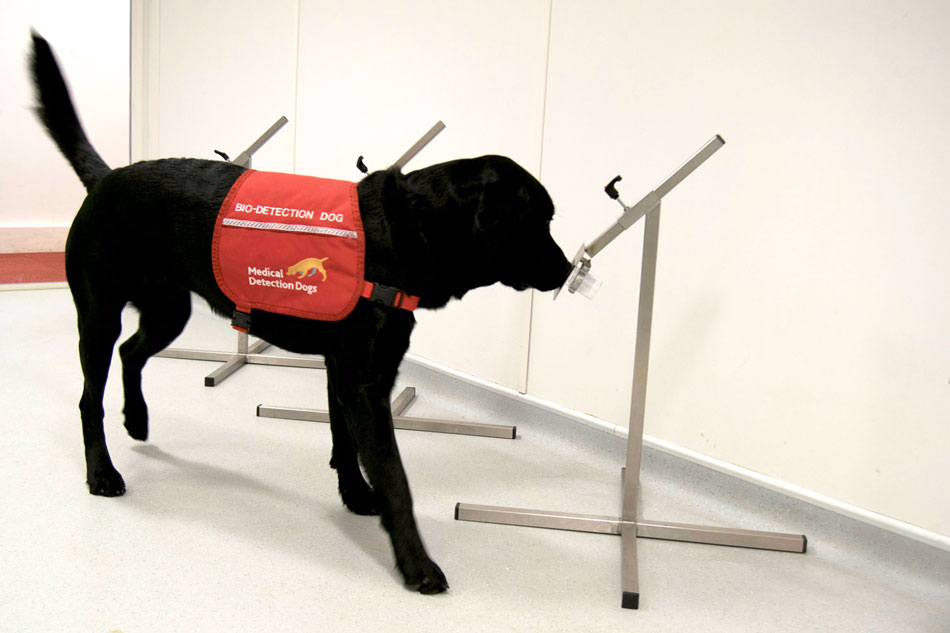Neurological diseases affect over 1 billion people worldwide. Our work currently focuses on Parkinson’s disease (PD). Globally, disability and death due to PD are rapidly increasing, and we are determined to improve early diagnosis of this progressive, debilitating disease.
People with Parkinson’s disease can be left struggling to move, speak, swallow and even breathe. There is currently no definitive test for it. Diagnosis is usually made in response to the individual exhibiting motor symptoms, such as tremor and rigidity, or slowness of movement (bradykinesia) and non-motor symptoms. Sadly, there is no cure and PD symptoms typically only start when more than half of the relevant nerve cells in the brain have already been lost, which research suggests is up to 20 years after the disease first occurs.

Early diagnosis is key. Treatment can slow down the progression of the disease and reduce the intensity of symptoms.
Our recent study, in collaboration with the Universities of Bristol and Manchester and published in The Journal of Parkinson’s Disease , proves that people with Parkinson’s disease have an odour that can be reliably detected from skin swabs by dogs.
Two dogs, Bumper and Peanut, were trained to distinguish between sebum swabs from people with and without Parkinson’s disease.
In a double blind trial, they showed sensitivity of up to 80% and specificity of up to 98%.
Not only that, they detected it in samples from patients who also had other health conditions.
The dogs were trained over a number of weeks on over 200 odour samples from individuals that had tested positive for PD and control samples from people who did not have the disease. Samples were presented to the dogs on a stand system and the dogs were rewarded for correctly indicating a positive sample and for correctly ignoring a negative sample.
In the double-blind testing, meaning that only a computer knew where the correct samples were, each line was also presented in reverse order so that samples for which no decision was made were re-presented. Then any unsearched samples were collected together in new lines, until a decision had been made for all samples.
We believe there is a real potential for dogs to achieve even higher accuracy with increased exposure and refined training methods and to detect early-stage Parkinson’s disease, even prior to diagnosis.
We believe our dogs could offer a supportive, additional service to assist PD diagnosis within the framework of the current tests available, enabling faster, accurate diagnosis and access to treatments which can slow down the progression of the disease and reduce symptoms.
The knowledge our dogs provide could also ultimately lead to the development of technology that provides, accurate, non-invasive diagnosis.
